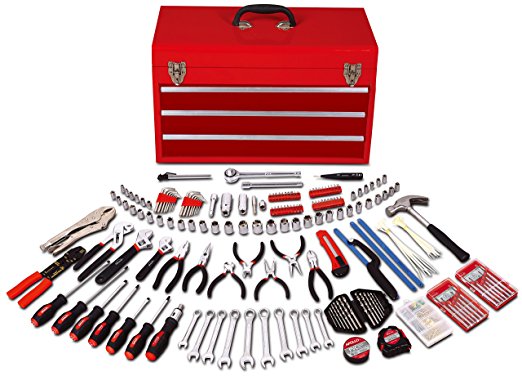The aircraft production capacity continues to increase in response to the rise in air traffic and the introduction of next-generation aircraft. The surge in the manufacturing of aircraft would further boost the aircraft engine forging businesses. The process of forging aircraft engine components includes metalworking and machining techniques such as closed die forging, seamless die forging, and isothermal forging. Different processes, including electroplating, heat treatment, isothermal treatment, and metal finishing, are also used for the production of an aircraft engine. Fan cases, compressors, combustion chambers, turbines, and transmission and exhaust systems are the major components of an aircraft engine that are forged.
ATI METALS, SAFRAN, PRECISION CASTPARTS CORP., ARCONIC, AND OTTO FUCHS – PROMINENT MARKET PARTICIPANTS IN AIRCRAFT ENGINE FORGING MARKET
According to the International Air Transport Association, air passengers are expected to quadruple over the next two decades. ~8.2 billion passengers are expected to have traveled by air by 2037. With rising passenger traffic, major aircraft manufacturers such as Airbus and Boeing expect to see a rise in their commercial aircraft deliveries in the coming years. Thus, a surge in air passenger traffic across various countries is a key factor driving the aircraft engine forging market.
The outbreak of the COVID–19 has been significantly affected the world and is continuing to shatter several countries. Until the outbreak of COVID–19, the aerospace industry was experiencing substantial growth in terms of production, despite huge backlogs from the aircraft manufacturers; the global aviation industry witnessed a significant rise in the number of aircraft deliveries which reflected steady growth in aircraft engine production. Unfortunately, the COVID–19 outbreaks have decimated the demand for aircraft globally, which reflected significantly lower volumes of orders among the aircraft manufacturers, which resulted in a lower number of productions. The decline in production volumes adversely affected the businesses of various component manufacturers including aircraft engine producers. Thus, the aircraft engine forging market players’ businesses have been severely affected by destabilization in aircraft and aircraft engine production.
During widespread COVID–19 virus, the entire commercial aviation industry and general aviation industry came to a halt with minimal resources to foresee the future. Several production units in the US, France, Russia, and China were temporarily paused in order to adhere to the government rules in respect to lockdown and physical distancing. The aircraft manufacturers witnessed 30% – 50% reduction in demand for most of the aircraft models, especially, commercial aircraft models. The lower aircraft production and assembly has affected the demand for aircraft engines, resulting in loss in revenue generation. According to several sources, the overall aircraft engine production declined by 28% in 2020. This severely hampered the businesses of aircraft engine forging market players, thereby showcasing substantial drop in aircraft engine forging market size.
Most of the market initiatives were observed in the Europe region, which have a high potential of market-related products, solutions, and services. Few of the important market initiatives from the industry are mentioned below:
| Year | Development | Region |
| 2019 | Otto Fuchs ordered a 30,000 ton closed-die forging press from Schuler. The press is used for forging various components for the usage on aircraft engine discs, landing, gear, structural parts made from aluminum, titanium, nickel-alloys, and magnesium. | Europe |
| 2019 | Doncasters sold its two businesses with operations in Sheffield, Shrewsbury, and Blaenavon. Blaenavon Forgings is sold to a US private equity firm Arlington Capital Partners and its UK Fabrications business to Radius Aerospace. | Europe |



